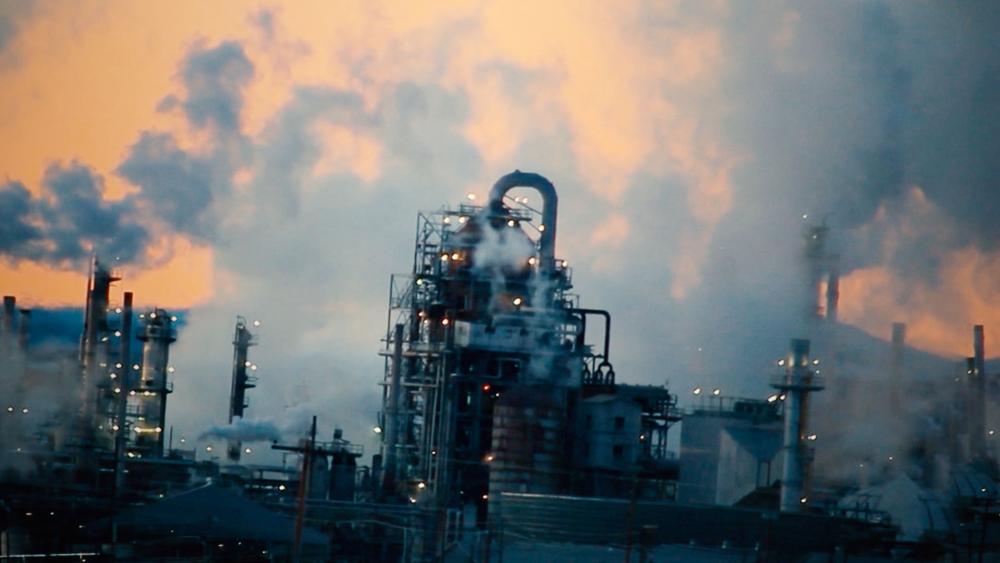Crude oil prices are taking a dive Monday after the world's largest oil suppliers failed to agree on freezing production.
Members of the Organization of Petroleum Exporting Countries (OPEC) and non-OPEC) suppliers met in Doha on Sunday to discuss how to fix the global surplus of oil. They had hoped to agree to freeze production in an effort to boost prices.
"It's quite significant because meetings like these, not one of the planned two annual meetings that OPEC tends to have, is clearly showing the nervousness within OPEC," leading market analyst Abhishek Deshpande told The Guardian.
It's also "showing an increased level of awareness within OPEC to do something with this surplus," he said.
The low oil prices have crippled the economies of many oil producing countries. U.S. oil and gas explorers lost $300 billion in market value last year, while Saudi Arabia lost $150 billion.
Last week U.S. West Texas Intermediate light crude prices were around $42 per barrel, while Brent oil prices were around $44 a barrel. However, both prices have fallen by around 4 percent.
The suppliers were unable to come to a unanimous agreement after Iran refused to cut back on its oil production once the U.S. lifted economic sanctions.
Saudi Arabia said it would only cut back if all of the other members took the same action.
The failure of the Doha meeting shows the impact geo-political tensions between Iran and Saudi Arabia have on the world.
Did you know?
God is everywhere—even in the news. That’s why we view every news story through the lens of faith. We are committed to delivering quality independent Christian journalism you can trust. But it takes a lot of hard work, time, and money to do what we do. Help us continue to be a voice for truth in the media by supporting CBN News for as little as $1.











 Support CBN News
Support CBN News







